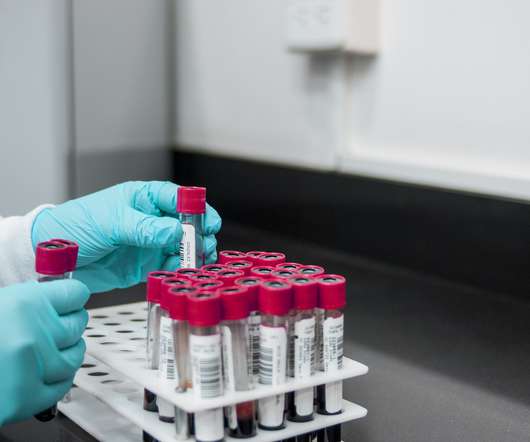University of Melbourne reveals design of new infectious disease institute
Pharmaceutical Technology
JUNE 20, 2023
The new AIID building will include a human infection challenge unit, high-containment facilities, a robotic biobanking facility, interview rooms, dry laboratories and spaces for community engagement and co-design work. It will be located at 766–780 Elizabeth Street and 213–223 Berkely Street in the Melbourne biomedical precinct.













Let's personalize your content